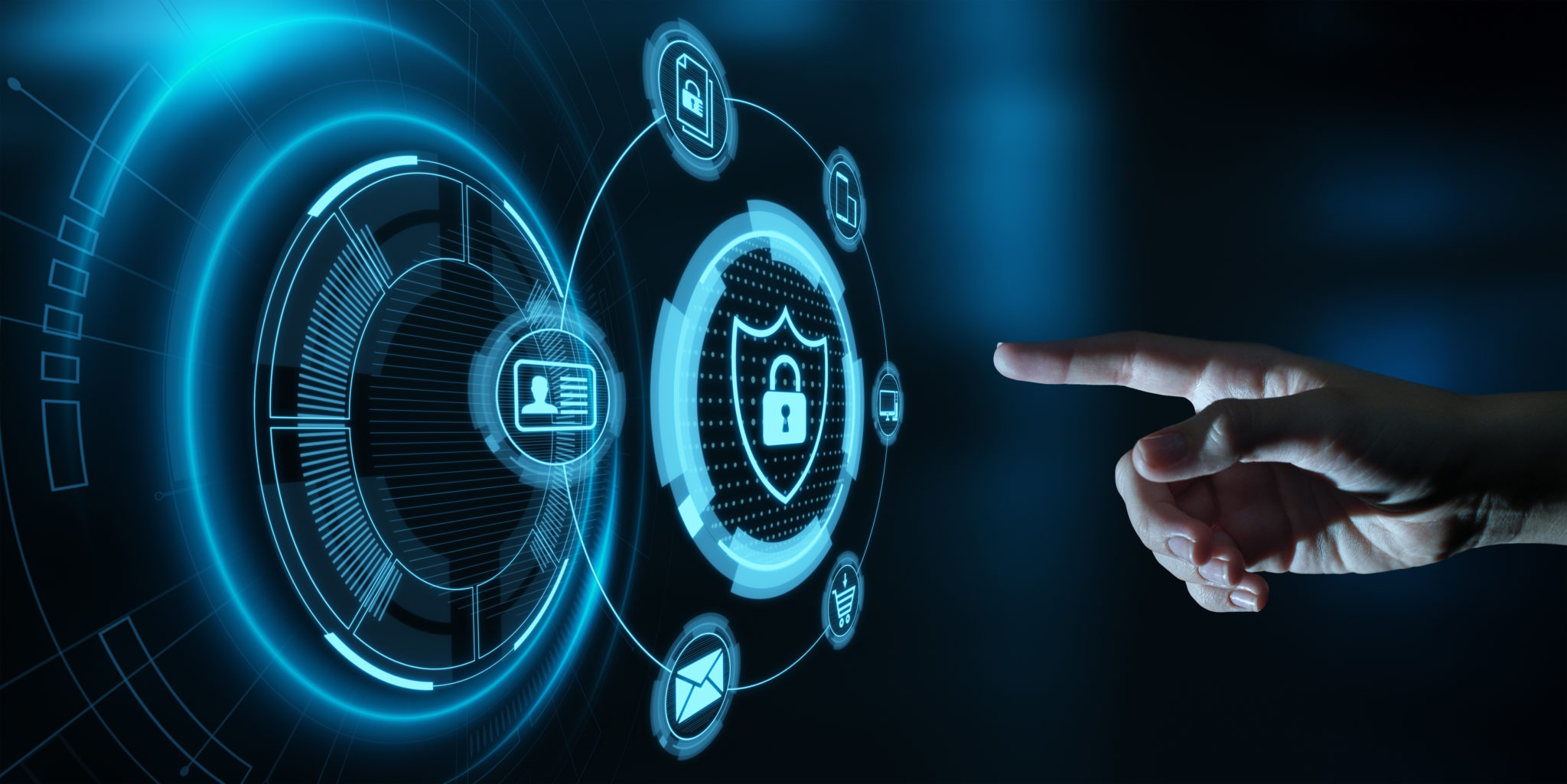Im Zuge der weltweit grassierenden Corona-Pandemie hat die Arbeit im Homeoffice massiv zugenommen. Unternehmen müssen sich deshalb der wachsenden Bedrohung durch Betrüger bewusst werden, die aus dieser Veränderung Kapital schlagen wollen. Mit biometrischen Lösungen können Unternehmen betrügerische Angreifer abwehren und gewährleisten so, dass Kundeninteraktionen sicher und geschützt verlaufen sowie Geschäftsprozesse auf die rasant zunehmende Gefahr vorbereitet sind.
Fraudsters do not stop their criminal activities even in times of a pandemic – on the contrary. They are using the resulting huge changes to intensify their attacks. Due to the recent increase in the number of activities in the home office, there is a significant increase in fraud attacks against call centers. Possible security gaps are explored, either through direct attacks on call center agents, who are now often working remotely, or through feigned test attacks by supposed agents. Biometrics can help companies with these current challenges.
Public and private organizations alike need to equip themselves with tools that minimize fraud-related disruption and losses. It is important to deter criminals and ensure that both operations and customers are protected. Companies that use biometric technologies instead of traditional methods to detect suspicious transaction patterns are used to effectively identify fraudsters.
Biometrics protect agent and customer experiences
The overwhelming volume of customer service inquiries contributes to slower interactions and worsens personalized experiences. Biometrics can play a critical role in finding faster solutions to questions while saving time for agents. In addition, by avoiding tensions between customers and agents, stress levels are minimized. This is done by reducing the need for identification and verification, taking the pressure off the agent and reducing the number of errors in conversations.
Biometrics combats increased fraud attempts
Many organizations, from the financial, insurance, telecommunications and government agencies with direct customer contact, are experiencing a massive increase in call volumes in the wake of branch closures. They are also seeing an enormous increase in inquiries and interactions. In view of this flood, a great responsibility rests on the call center agent. You need to effectively distinguish real customers from scammers while wanting to meet the needs of the customers. This is where biometrics prove to be a useful tool for automatically identifying fraudulent calls. It protects the call center agent in contact with customers from social manipulation.
Secure working in the home office with biometrics
Working from home comes with a number of challenges, especially when they use their personal notebooks, computers, and phones. The abrupt switch to the home office opens up countless opportunities for fraud, as usual contact center protection mechanisms do not work. Biometrics improve internal security checks. The identity of the agents is verified to prevent agent accounts from being taken over by criminals. Likewise, agents have limited visibility into customer data. This protects the agent and keeps customer data safe.







